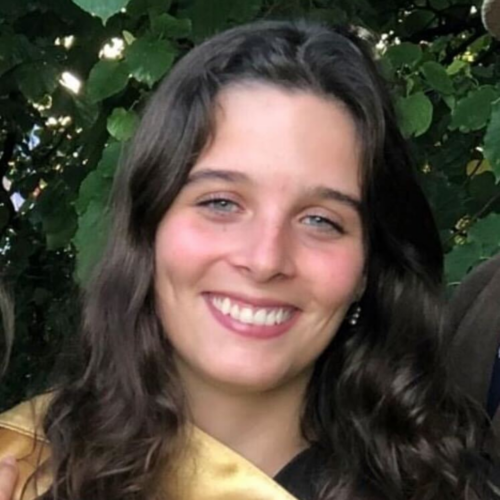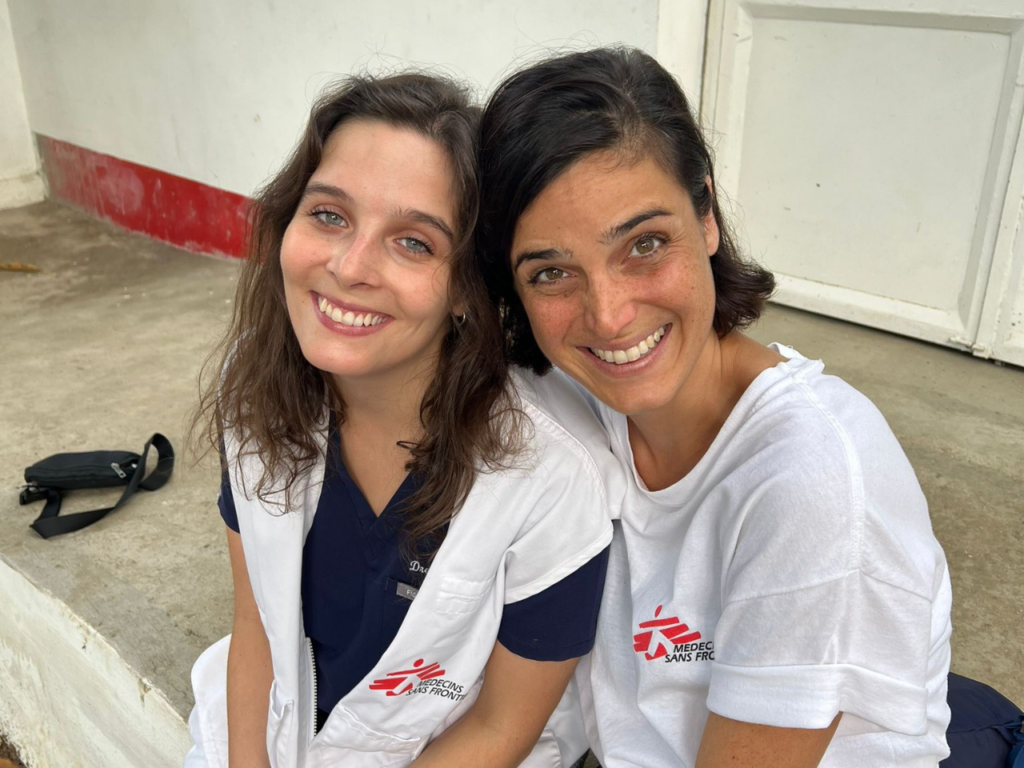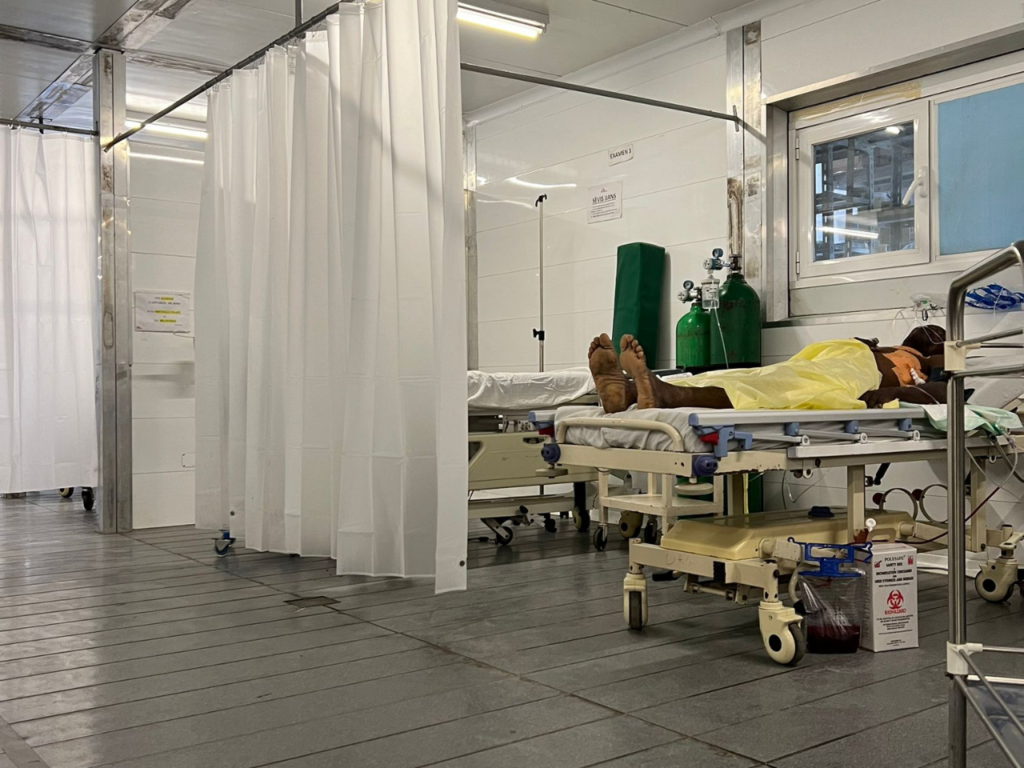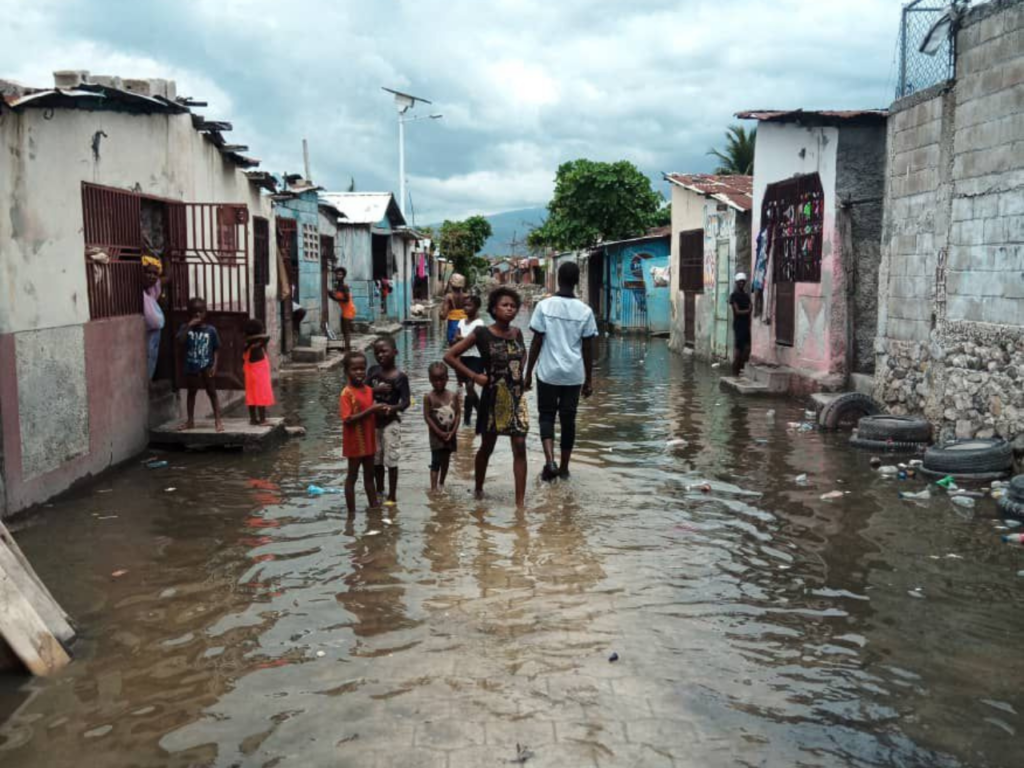Physician struggles to save lives amid relentless violence and despair in Haiti
In April, I left Haiti. I left Port-au-Prince with a sense of guilt. I think we could have done more, that we could not offer the help these people need. The urgency is too great.
- 2 years ago
July 3, 2024

PORT-AU-PRINCE, Haiti — As a doctor, I always try to help people, but some situations exceed my capabilities. The events occurring in Haiti represent one of those situations. The widespread chaos, extreme poverty, relentless violence, and lack of supplies rendered my work virtually useless. At times, I felt ashamed of my inability to respond to so much pain and despair.
Read more Crime & Corruption stories at Orato World Media.
Serving Haiti in 2024 was like entering a war zone
Since childhood, I knew I wanted to be a doctor and that my future would involve humanitarian missions, bringing health to those who needed it most. I wanted to serve people no matter where they lived or what circumstances they faced, and I set my sights on organizations like Doctors Without Borders.
In 2014, at 19 years old, I traveled to Haiti for the first time with another organization. Though not yet a doctor, I felt a deep commitment to places like Haiti. I had an idea what to expect, but seeing reality shocked me. Years before my arrival, Haiti faced an earthquake and the consequences remained visible. The quake devastated the city. Destruction and rubble lay everywhere, and children played around mountains of garbage.
Despite their living conditions, the people retained a certain amount of joy. They smiled and conveyed hope for their recovery. The Haitains I met showed incredible strength and resilience. Watching how they coped with life impressed me deeply. When I left Haiti at that time, I believed that, with a lot of effort, they would rise from this natural disaster.
In January 2024, I returned to Haiti as an emergency doctor with Doctors Without Borders. The situation had not improved from a decade earlier. In fact, danger surrounded us, and fear haunted me constantly. We arrived during the day. Through the Jeep window on our way to our lodging, the chaos of Port-au-Prince terrified me. Armed people roamed everywhere. Bullet holes covered walls. Barricades blocked streets and bodies lay on the ground. We found ourselves in the middle of a war zone.
In Port-au-Prince, gunfire became background noise
Despite the turmoil I encountered upon entering Haiti in 2024, people continued their daily lives as if everything around them remained normal. They possessed no choice but to continue their routines or what remained of them. On one street, a woman sold fruit from a cart to neighbors passing by. A few meters ahead, young men with covered faces and long guns looked ready to shoot at any moment. The situation felt surreal.
That first day, we stayed locked in our base, unable to reach the hospital a few meters away. Clashes and shootings made it impossible to pass. In 2014, despite the destruction from the earthquake, the streets remained clear enough to be outside. This time, everything changed. I stayed for three months, moving only between the lodge and the hospital.

In those few meters, I saw bullet shells and marks on the walls and floor. Some coworkers ventured out and witnessed cold-blooded murders. The exceptional became routine in Port-au-Prince. Gunshots echoed every day and night. While I worked, tried to sleep, or slept, gunshots played like background music. Initially, the noise stressed me out. My attention wandered, and it felt hard to concentrate.
Though at first I couldn’t sleep at night, I became used to the sounds until they became part of the environment. I felt somewhat safe because the organization did everything possible to protect us. I also knew anything could happen. We could become targets of gunfire or violence and get caught in the crossfire. In a war zone, it’s impossible not to fear death.
Violence shuts down wards, leaving few hospitals operational
At the hospital, patient lines stretched long. Few hospitals operated because violence closed many wards. Work came in intense waves. At times, we waited calmly. Then, suddenly, hundreds of people in urgent need of care arrived. As soon as a window opened for them to cross the streets, they flooded in. The hospital felt safe, but the streets were not.
We often saw infected wounds. One person came with bullets lodged in his body for weeks. He preferred staying home in safety, rather than getting immediate treatment. Cab fares cost money, and many people possessed only enough funds to eat. So, they waited until they could wait no longer. Seeing weeks-old, infected wounds proved difficult. Often, it was too late to truly help. I sometimes referred patients for surgery, where they faced the amputation of a limb. Advanced infections also led to death.

One day, a girl came to the hospital needing special medication for epilepsy. She arrived amid a seizure which stretched for hours. Simply providing her medication would have improved her condition immediately, but we did not have it. Desperation set in as we considered alternatives. I felt particularly frustrated. “Let’s do the possible, and the impossible too,” I pleaded with my colleagues.
Yet, the patient died. I felt terrible. When a patient dies, it leaves me desolate. Anger overcomes me, as if I failed in my life’s goal to save lives and help people. I struggle to accept it. However, we had no time to even take a deep breath, much less cry. I turned around and kept working, attending to the next patient. The situation offered no space to process the pain.
Doctor leaves Haiti in April, departing Port-au-Prince with a sense of guilt
In those moments when things calmed down, our team talked to one another. We became like a mutual support group. This process offered us the only method to get the pain out of our systems. Afterwards, we went back to a terrible situation. Medical supplies dwindled and food became scarce. We began evaluating the possibility of closing the operating room.
Unlike my experience in 2014, this time I saw the local people more subdued. Although they remained strong, resignation overcame the little joy they had left. Despair appeared to be growing rapidly. I saw people looking for answers. The struggled to get help for their relatives who did not make it to the hospital. Yet, I had no time to stop by their side, listen, and comfort them.
Seeing that suffering while feeling helpless left me deeply ashamed. Some people held onto hope that life would get better, but they represented individual not collective hopes. Collectively, the Haitians I encountered stopped believing in better days. Many simply wanted to escape to somewhere else in the world.
In April, I left Haiti. I left Port-au-Prince with a sense of guilt. I think we could have done more, that we could not offer the help these people really need. The urgency proved far too great. In Haiti, needs exist for everything, and what we offer is not enough. Over two months later, I still feel despair and helplessness. I can only hope solutions exist and something good will happen.



































































































































































































































































































































































































































































